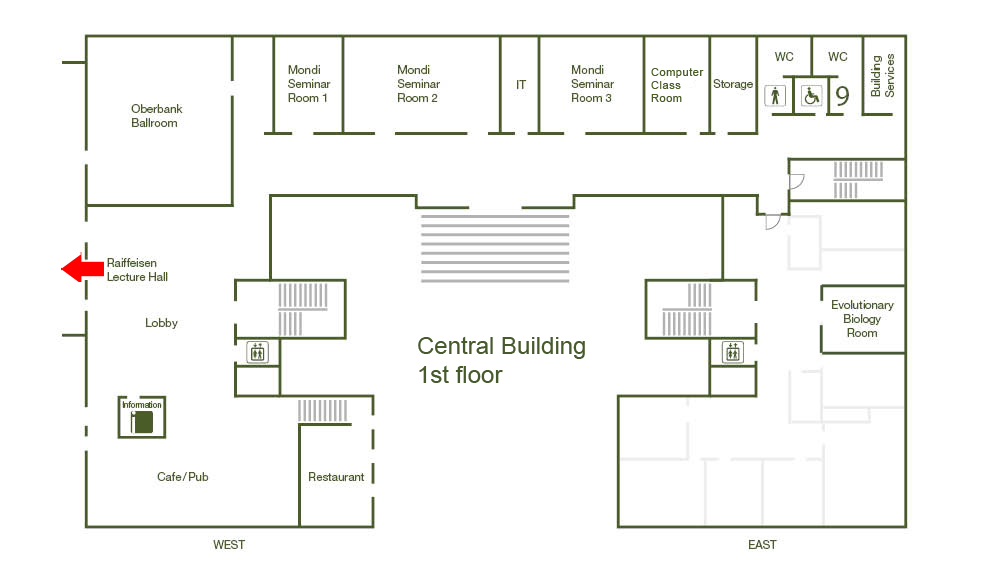The Institute Colloquium: Evolution of gene expression: from mutation to polymorphism
Date
Monday, January 30, 2017 16:00 - 17:15
Speaker
Patricia Wittkopp (University of Michigan)
Location
Raiffeisen Lecture Hall, Central Building
Series
Colloquium
Tags
Institute Colloquium
Host
Nick Barton
Contact
Url

Genetic variation segregating within a species reflects the combined activities of mutation, selection, and genetic drift. In the absence of selection, polymorphisms are expected to be a random subset of new mutations; thus, comparing the effects of polymorphisms and new mutations provides a test for selection. When evidence of selection exists, such comparisons can identify properties of mutations that are most likely to persist in natural populations. We have been investigating how mutation and selection contribute to variation in cis- and trans-regulatory sequences controlling gene expression by empirically determining the effects of new mutations and polymorphisms in Saccharomyces cerevisiae. The latest findings from this work, including empirical measures of the relationship between changes in gene expression, expression noise, and fitness, will be presented and discussed.